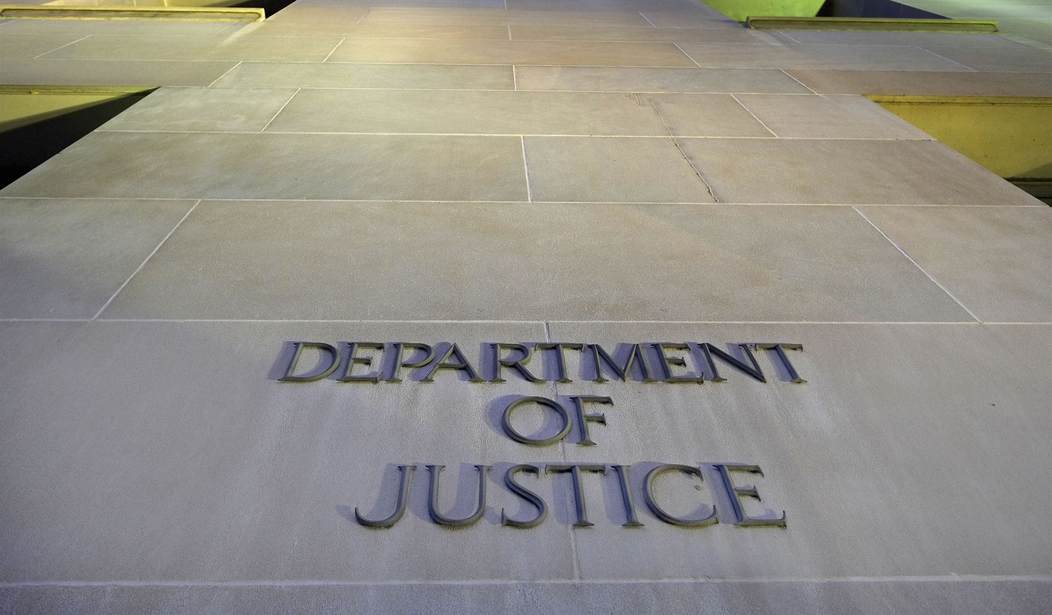In a sweeping action that promises to be only the beginning of Donald Trump's effort to clean house at the Justice Department, interim D.C. U.S. attorney Edward R. Martin, Jr. has fired about 30 federal prosecutors who were part of the now-defunct Capitol siege prosecution section that tried Jan. 6 defendants.
One of Joe Biden's last acts was to try and protect these prosecutors by making them fulltime Justice Department employees. Acting deputy attorney general Emil Bove called that move "subversive," preventing Martin from staffing the office and to “faithfully implement” Trump’s agenda.
Bove said: “I will not tolerate subversive personnel actions by the previous Administration at any U.S. attorney’s office.”
This is not just "retribution," as the media is portraying Martin's action. The real issue is the way that these prosecutors kept piling on the charges, making any defense by the Jan. 6 defendants a crapshoot.
Martin seeks to learn, for example, whether prosecutors or senior Justice Department officials were politically motivated to punish Trump or supporters when they charged more than 250 riot defendants with felony obstruction of Congress’s certification of the 2020 election. Those decisions began under career prosecutors and Trump’s first term-appointees, and were upheld by nearly all judges to review them before the Supreme Court said the law could only be applied to those who seek to interfere with physical evidence.
Martin’s “instructions on 1512 are just the beginning. He’s going to find the origins of the legal theory and the purveyors of it, and follow through accordingly,” said a Trump legal adviser close to Martin, who referred to the obstruction statute by its section number is U.S. code and spoke on the condition of anonymity because they were not authorized to speak about Martin’s plans publicly.
The issue before the Supreme Court was not "those who seek to interfere with physical evidence." The issue was whether prosecutors overreached in charging J6 defendants with obstructing the counting of electoral ballots. The "obstruction" charge has been an issue since it was defined by the Sarbanes-Oxley bill that emerged following the Enron scandal in 2001. Sarbanes-Oxley was passed after several Enron defendants tampered with and destroyed evidence.
The J6 prosecutors claim that the J6 rioters were responsible for "corruptly obstructing, influencing, or impeding an official proceeding," in this case, the official certification of the 2020 election. The key word is "corruptly." Justice Clarence Thomas nailed it when he suggested it was "selective prosecution."
“There have been many violent protests that have interfered with proceedings,” he said. “Has the government applied this provision to other protests?”
The answer is no, and the Supreme Court struck the obstruction charges from hundreds of J6 rioters.
DA Martin has already been busy.
Martin also replaced the office’s experienced top assistant U.S. attorney with a career prosecutor and supervisor who served as a GOP Senate staffer. He eliminated the Capitol siege prosecution unit and removed its chief, The Post has reported, and froze hiring and promotions.
Martin also tasked two other top leaders, the heads of its federal criminal division and of its fraud, public corruption and civil rights section, to lead a fast-tracked review of prosecutors’ handling of Capitol riot prosecutions. Ordering those senior supervisors to investigate colleagues puts them in a difficult position, and many are watching for Martin’s next moves.
Firing career prosecutors who breached the American people's trust by doing the bidding of political masters is not "retribution." It's justice.










Join the conversation as a VIP Member